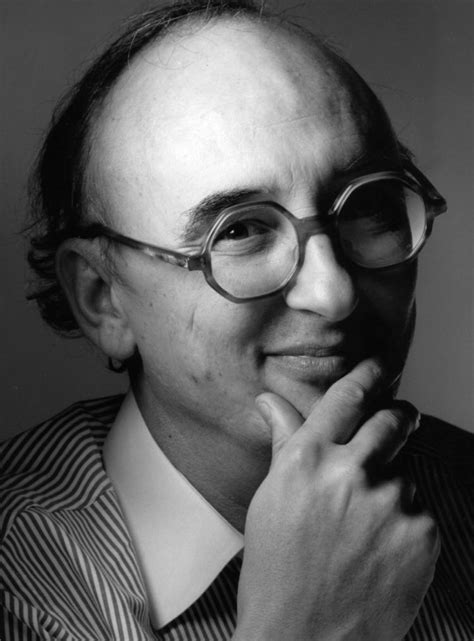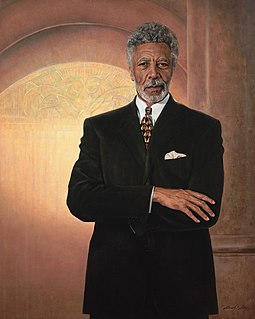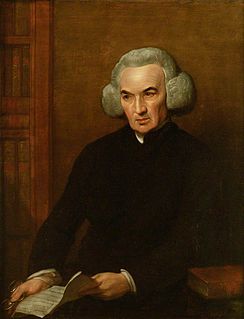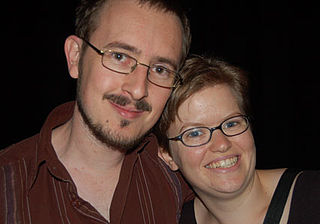A Quote by Richard Preston
We're creating these massive urban areas in the Third World. It's like you take the entire population of California and put it in one city. Then you remove basic sanitation and medical services, and you have a ticking biological time bomb.
Related Quotes
Over 1 billion people have no access to clean drinking water, and more than 2.9 billion have no access to sanitation services. The reality is that a child dies every eight seconds from drinking contaminated water, and the sanitation trend is getting sharply worse, mostly because of the worldwide drift of the rural peasantry to urban slums.
Detroit's financial challenges - the decline of the American auto industry, the impact of the global economic recession, declining population, and an erosion of the municipal tax base - are key to understanding what led this great city to an inability to provide basic city services or to carry out the normal functions of a municipality.
In the 1970s in New York, everyone slept till noon. It was a grungy, dangerous, bankrupt city without normal services most of the time. The garbage piled up and stank during long strikes by the sanitation workers. A major blackout led to days and days of looting. The city seemed either frightening or risible to the rest of the nation.
They haven't killed us yet," I say, and I imagine that one day I will fly a plane over Portland, over Rochester, over every fenced-in city in the whole country, and I will bomb and bomb and bomb, and watch all their buildings smoldering to dust, and all those people melting and bleeding into flame, and I will see how they like it. If you take, we will take back. Steal from us, and we will rob you blind. When you squeeze, we will hit. This is the way the world is made now.
Because we're becoming such an urban nation, we're going to need to be producing so much more food in cities. These institutions have members, obviously. They have the resources to start projects like urban farms and gardens, teaching tools, and the ability to educate their members so that they can then go home and start their own urban gardens. I just really think that faith-based institutions can take the lead in creating community-based food systems, and I'd really like to see that happen.
Cities originally surrounded by a wall can produce an urban population cut off from the surrounding fields and from agriculture altogether. At the same time, the greenbelt laws eliminate the possibility of the unchecked expansion of a city into a monstrous megalopolis. If there is a need for additional homes, a new city must be established.






































